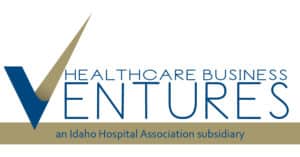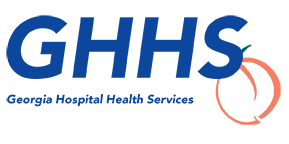 As the state of the healthcare industry continues to be in flux, particularly as it relates to the Affordable Care Act, leaders are left to wonder how they can move forward in such uncertainty. How do you plan for the future if you’re unsure of what it will hold?
As the state of the healthcare industry continues to be in flux, particularly as it relates to the Affordable Care Act, leaders are left to wonder how they can move forward in such uncertainty. How do you plan for the future if you’re unsure of what it will hold?
Unfortunately, they don’t have the luxury of hitting “pause” to figure it out. Moving forward despite the fog surrounding the industry can be tricky, but provider health systems that are continuing to grow are led by people who are staying focused on the right things while remaining open to change. There are a few ways healthcare leaders are successfully coping with the ever-evolving environment:
- Remaining focused on patients. Regardless of what happens, providing an excellent patient experience will always be the goal of care. Now more than ever, hospitals and health systems are recognizing the value of that experience and its outcomes over anything else, and it will only grow more important as culture continues to demand adequate value out of the services we pay for. Studying social determinants of common health issues, working toward population health and increasing the quality of life of the communities we serve will always be a worthy use of time and resources.
- Communicating well. As changes occur, it’s crucial to communicate clearly and often with stakeholders, employees and patients. This is true for changes in any organization, but perhaps even more so when it comes to healthcare. Provider organizations are currently undergoing unprecedented upheaval, as they shift focus from acute episodic care to the continuum of care. Leadership must educate team members regarding the “big picture” regarding why these changes are necessary for the survival of the system. Keeping communication clear and frequent will minimize growing pains as the industry shifts.
- Increasing efficiency. Efficiency is a beneficial quality for any organization, but in today’s healthcare climate, it’s mandatory for survival. Optimizing costs to benefit the patient experience, integrating technology, and minimizing gaps and risks makes a system more nimble and able to more quickly adjust when change comes. It also allows them to provide more value for patients. Evaluating things like processes, budgets and payment models can be extremely beneficial for health systems to increase efficiency and help them navigate the industry more swiftly.
- Engaging in scenario planning. Sarah Thomas, managing director for the Center for Health Solutions, Deloitte, LLP, in Washington, D.C says she advises health leaders to understand potential policy ideas — like changes in the number of individuals who have insurance or the benefit design — and engage in scenario planning around the different options. HealthSearch Partners Co-Founder and Principle Leader Barry Cesafsky agrees. “Considering potential outcomes and how the system would adjust is not only practical, but an exercise in problem-solving and critical thinking, which will be valuable assets even if the exact scenario does not occur,” he says.
- Evaluating progress and performance. “The healthcare industry changes so rapidly; it’s important to regularly assess how your system is doing as it navigates those shifts,” says Ivan Bartolome, Chief Executve Officer of HealthSearch partners. When so many elements are up in the air, knowing how your organization is performing in terms of quality, efficiency and cost will help leaders accurately assess and determine where potential problems could arise in light of new or changing guidelines.
Though it’s impossible to know what the future of the healthcare industry will look like, keeping these strategies in mind is helping leaders navigate the unpredictable waters with skill.
To learn more industry trends, download our latest whitepaper here.



